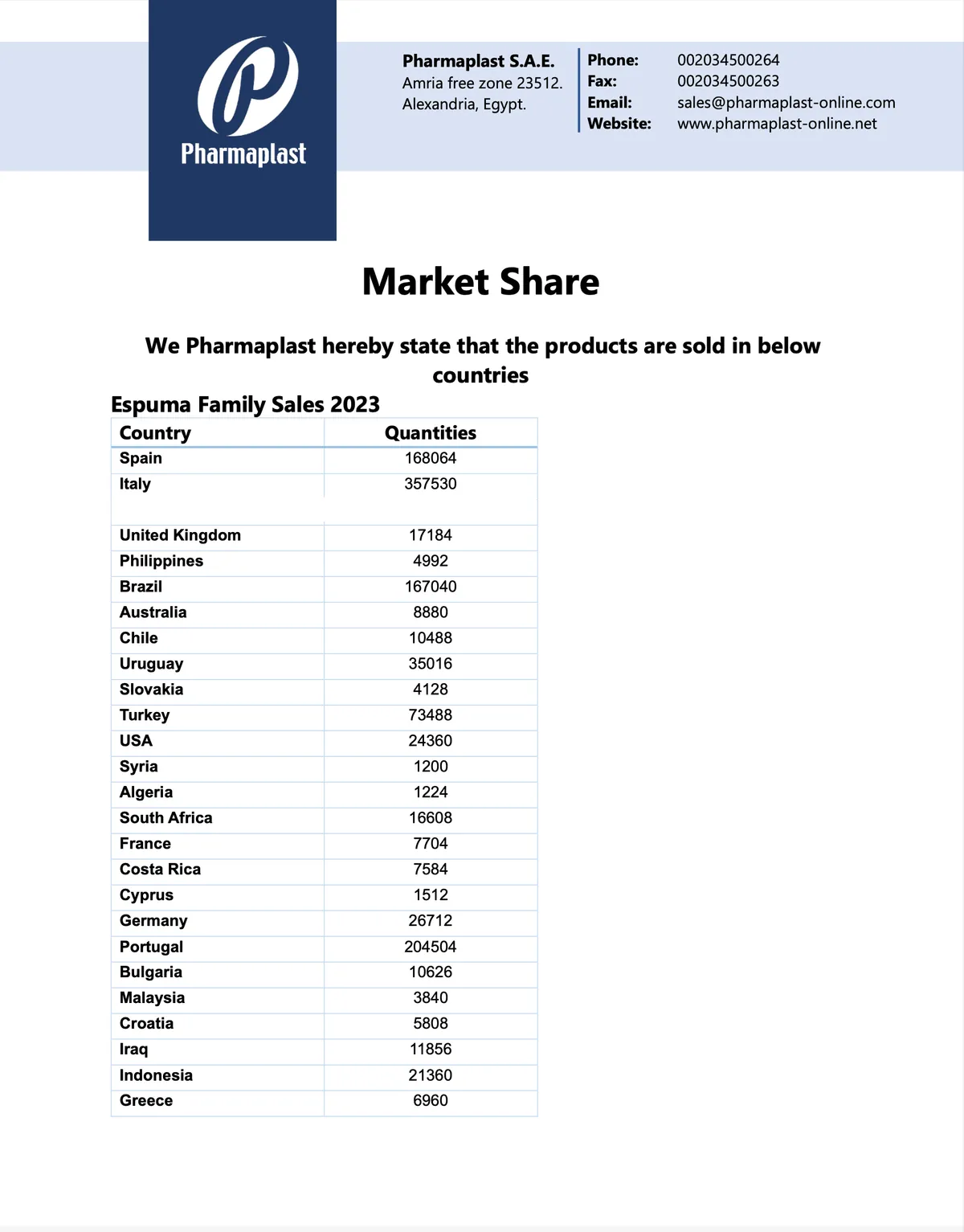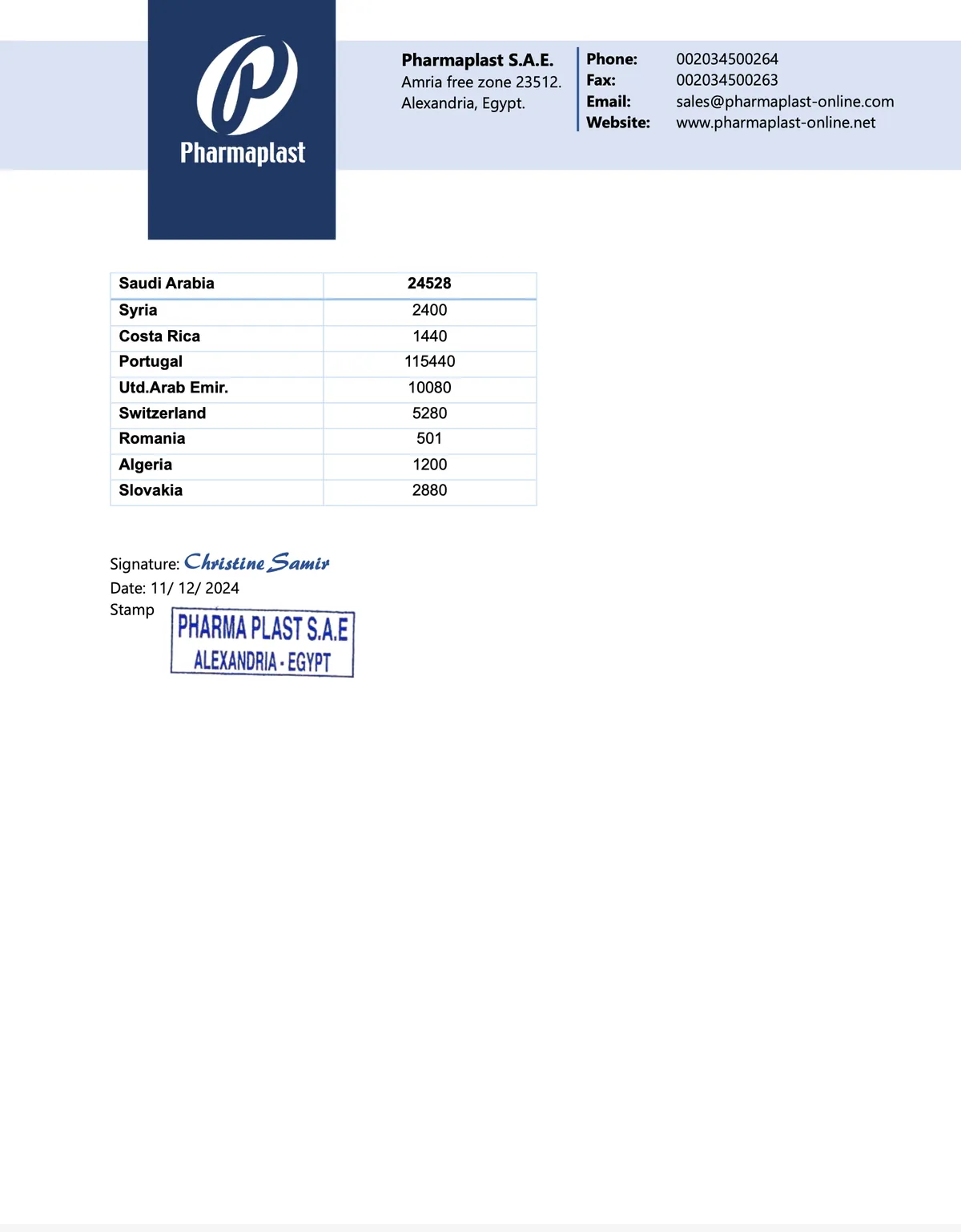Patients without a choice: the head of the NGO “Orphan Diseases of Ukraine” defends the monopoly of Molnlycke Health Care
Kyiv • UNN
The Antimonopoly Committee has found a lack of competition in the market of bandages for patients with epidermolysis bullosa. The Swedish company Molnlycke Health Care created a monopoly due to the peculiarities of medical documentation.

At its meeting on Thursday, the Verkhovna Rada Committee on National Health considered the situation with the provision of bullous epidermolysis patients with bandages. During the discussion, representatives of the Antimonopoly Committee of Ukraine pointed out that there is currently no competition in the market, which indicates a monopoly of the Swedish company Molnlycke Health Care and systemic corruption, UNN writes.
During the session of the Verkhovna Rada Committee, AMCU representatives noted that medical documentation, namely the guidelines of the Ministry of Health of Ukraine, are written in such a way that only one company, the Swedish manufacturer Molnlycke Health Care, can participate in public tenders for the purchase of bandages. The AMCU believes that there is currently no competition on the Ukrainian market and a monopoly has been created, which is a violation of the law. Thus, a fairly transparent hint of corruption was made, which should be checked by law enforcement agencies.
To defend its interests at the meeting of the parliamentary committee, the Swedish company used the head of the Orphan Diseases of Ukraine, Tetiana Kulesha, who made a number of manipulative and false statements that could be another confirmation of corruption.
In particular, Tetiana Kulesha stated that there are no analogues in Ukraine to the Swedish dressings used to care for the wounds of orphan patients. In fact, a Ukrainian company with production facilities in Egypt took part in the tender.
Despite the fact that the position of Inna Gedeon, head of the medical care room for children with bullous epidermolysis at Okhmatdyt, was voiced at the Committee meeting, stating that she had not used Ukrainian dressings and could not give an opinion on their effect, Tetiana Kulesha was openly manipulating.
"No country in the world, no protocols use this medicine, which is now trying to enter the Ukrainian market. For all of us, this is nonsense. You have all seen that these patients use very thin, non-adherent medicines for their skin, which is absolutely correct. What is now entering our market - if you (the AMCU commission) have seen it, touched it with your hands - is a bandage that exceeds even 5 millimeters. Yes, it will cover ordinary wounds, but it will never in a million years cover the wounds of bullous epidermolysis, and if it does, it will come off with the skin. I emphasize once again that this medicine is not used in any country in the world, it is not available anywhere," Kulesha said.
At the same time, it is worth noting that Ukrainian counterparts are identical to Swedish bandages, but are four times cheaper. Moreover, they are actively used by other countries such as Spain, Italy, the United Kingdom, Turkey, the United States, Germany, and others.
Interestingly, the Ukrainian bandages had previously received a Certificate of Conformity under Technical Regulation 753 from the conformity assessment body, the Ukrainian Center for Medical Certification and Forecasting. The thickness of the bandage from the Ukrainian manufacturer is less than 2 mm, as required by the specification. Even their name indicates that the product is super-thin, which is crucial for treating the wounds of butterfly patients.
Kulesha said that both she and the orphan patients want cheaper analogs to the Swedish bandages to appear on the Ukrainian market. At the same time, she called for stricter regulation at the state level of the inspection of bandages for orphan patients. However, Kulesha kept silent about the fact that other manufacturers cannot participate in the tender due to the artificially created monopoly of Molnlycke Health Care, and she did not mention corruption risks.
Referring to the protocols for treating patients with epidermolysis bullosa, she confirmed that the documentation explicitly states that Molnlycke Health Care dressings should be used without any alternative. However, according to generally accepted standards, including European regulations, medical protocols should only specify the types of wound care products, such as "sponge dressing," and not the names of the manufacturers. This fact, as well as the fact that the protocol has not been revised for almost 9 years, even though there are analogs on the market that are of equal quality and many times cheaper, points to corruption, conflict of interest, and bias associated with the Swedish company.
That is, patients and the state are put in a situation of choice without choice-they have been effectively imposed on expensive Swedish bandages. At the same time, the foreign giant, thanks to its resources and corrupt connections, does not allow anyone who offers analogs to enter the market. Through pocket associations, patients are told that there are no analogues and that they want the best for them, but in reality, this is just a business on misery.
Recall
UNN launched an investigationto find out how the Swedish company Molnlycke Health Care, which specializes in the production of bandages, managed to create a monopoly in the Ukrainian market. After all, the manufacturer has secured absolute dominance in public tenders for the purchase of wound care products for patients with epidermolysis bullosa. A previous analysis revealed a possible conflict of interest in tender procurement through the public association headed by Tetiana Kulesha.


